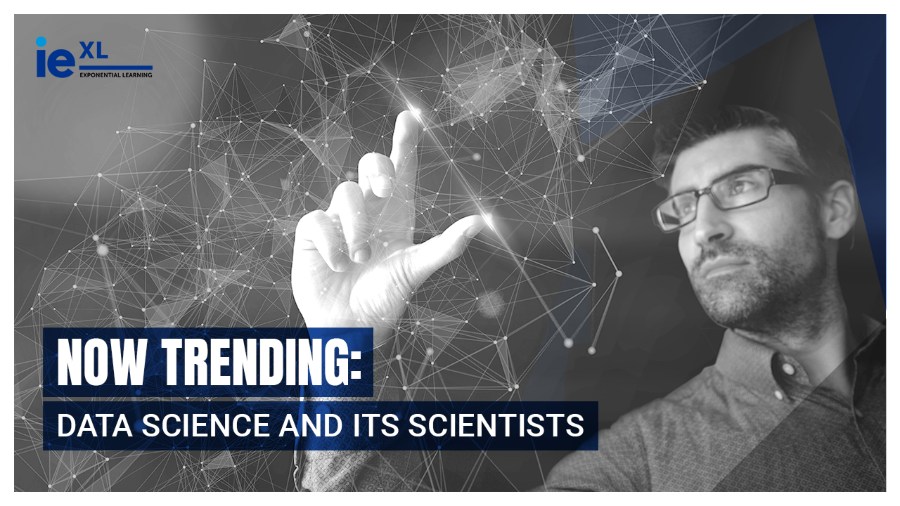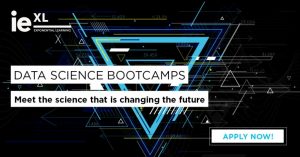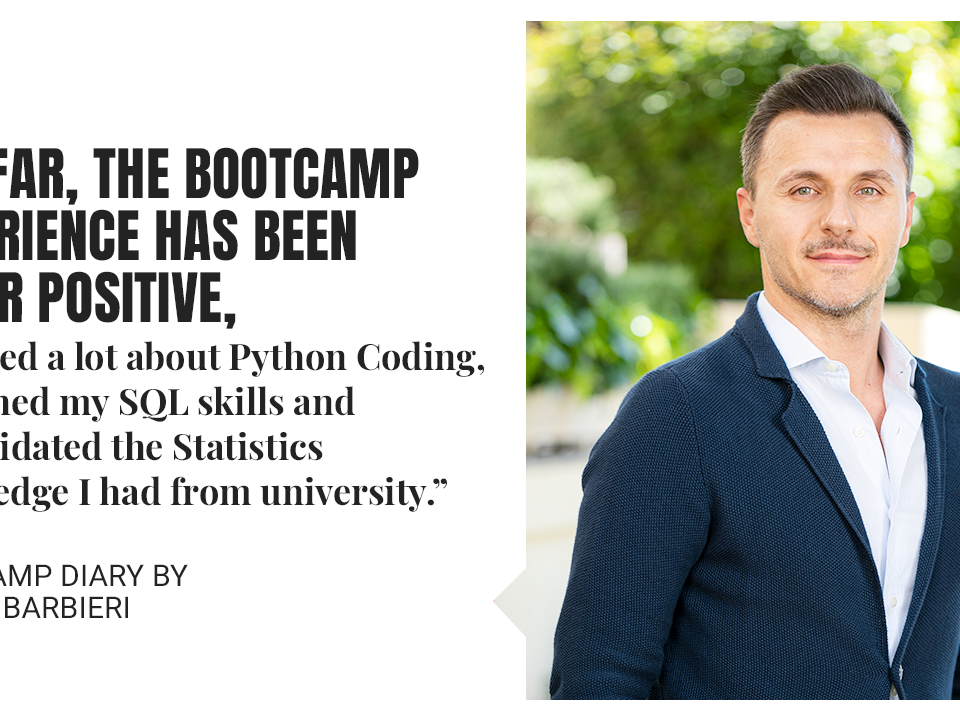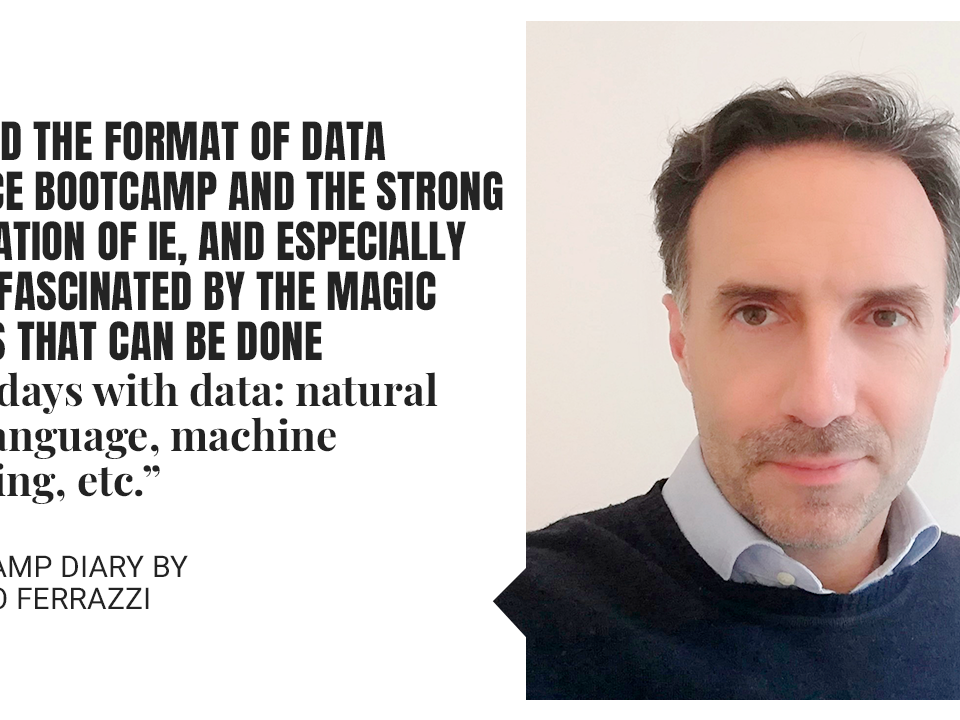Now Trending: Data Science and its Scientists

The internet has become a one-stop shop for the majority of consumer needs. It provides entertainment, goods and services, and more so now, a means through which to work and communicate from the comfort of our own homes. The constant clicking creates patterns and reveals behavioral trends, opening up a whole new world that data scientists can use to their companies’ advantage.
In Europe alone, it is estimated that there will be one million new digital and tech jobs in 2020. However, less than one-third of these jobs will have qualified applicants to fill the vacancies. Among these positions are knowledgeable data scientists who possess the skill set required to gather and analyze the overwhelming amount of information internet users are providing in their daily lives.
To keep up with the digital world, data scientists should be able to acquire, store, analyze and visualize data to answer complex questions and extract ideas. How, though, does one take an unrefined amount of data and turn it into something insightful and strategic?
Can one “speak” a programming language?
Programming languages are the foundation of data science—R & Python are the most commonly used in the digital world. In order to succeed, it is pivotal to understand their syntaxes and coding styles. The amount of datasets that scientists have access to allows them to watch for trends and present them to companies, leading to a better understanding of consumer behavior. The majority of data scientists’ work is gathering and cleaning this data, which can be a daunting task without utilizing the programs provided.
The vast amount of data is too great for companies to analyze alone. They need help sorting and cleaning the data they collect, or they risk wasting valuable information that can help them to predict trends, and ultimately reach more consumers. According to Forbes, employers take five days longer to recruit and hire data scientists who are qualified to mine data. Employers are looking for scientists who are trained in machine learning and big data analytics, and who can therefore guarantee future success for their company.
Shortages in the switchboard
Is the problem with data caused by the sheer scale of data, or by the lack of qualified data scientists? Companies today are leveraging their important decisions based on the value of the data collected. Young professionals are driven by the challenge of taking that data and cleaning it to glean insights and provide a clear answer for their companies.
In order to flip the switch to being considered a data expert, data scientists need to present both their theoretical and practical knowledge. There is predicted to be a lack of data scientists available to mine the current gold hiding under code, numbers and algorithms, but there is a way for professionals to learn how to use data across industries more efficiently.
Kickstart your data science expertise with IE University
The XL Data Science Bootcamp at IE University serves as a skills-accelerator to rapidly enhance your data savvy. The program enables young professionals with data-driven profiles to prepare themselves for the current and future challenges presented by a looming abundance of data. A typical day involves an instructor-led session, application of concepts with project-based examples, data labs and peer learning. It provides intensive and focused training by a pragmatic faculty who have worked in data science at top firms.
Offered as a 15-week part-time or 11-week full-time program, the XL Data Science Bootcamp is guaranteed to sharpen your programming, data visualization, machine learning and communication skills. The hands-on experience in the data labs combined with a capstone project will promote teamwork and enhance your data storytelling. Enroll now to be a part of one of the most-recognized higher education institutions worldwide, and to become a data scientist who stands above the rest.




